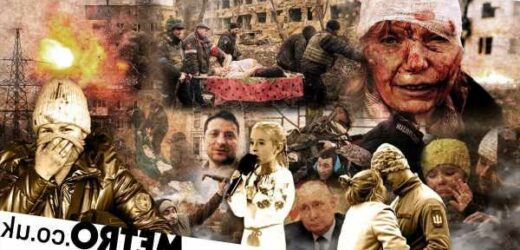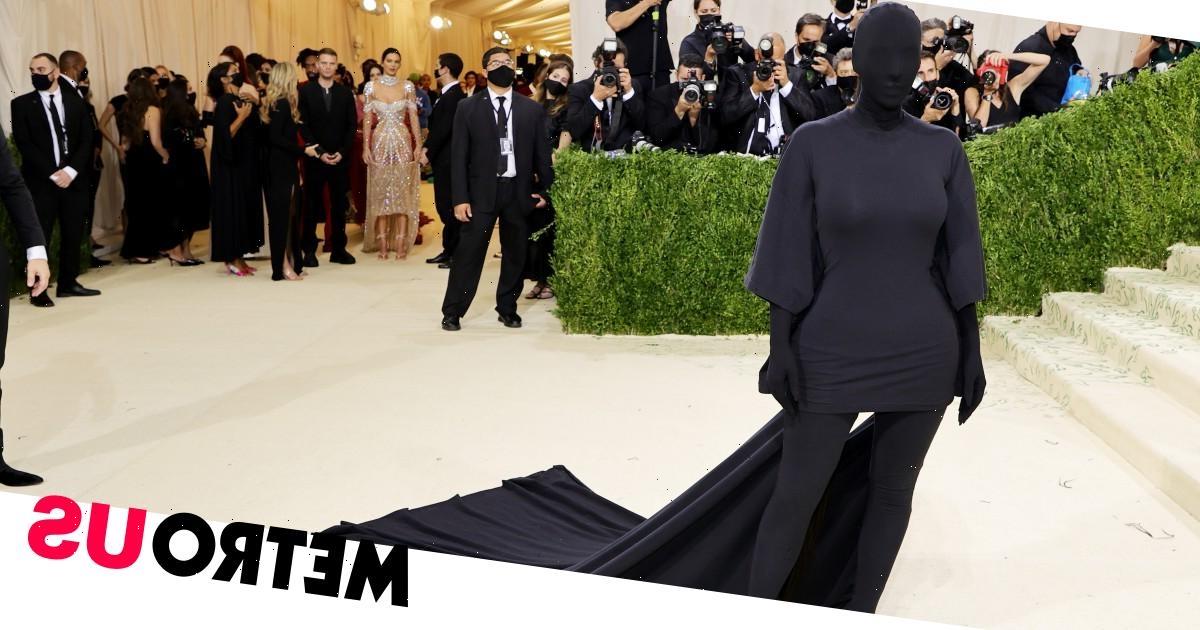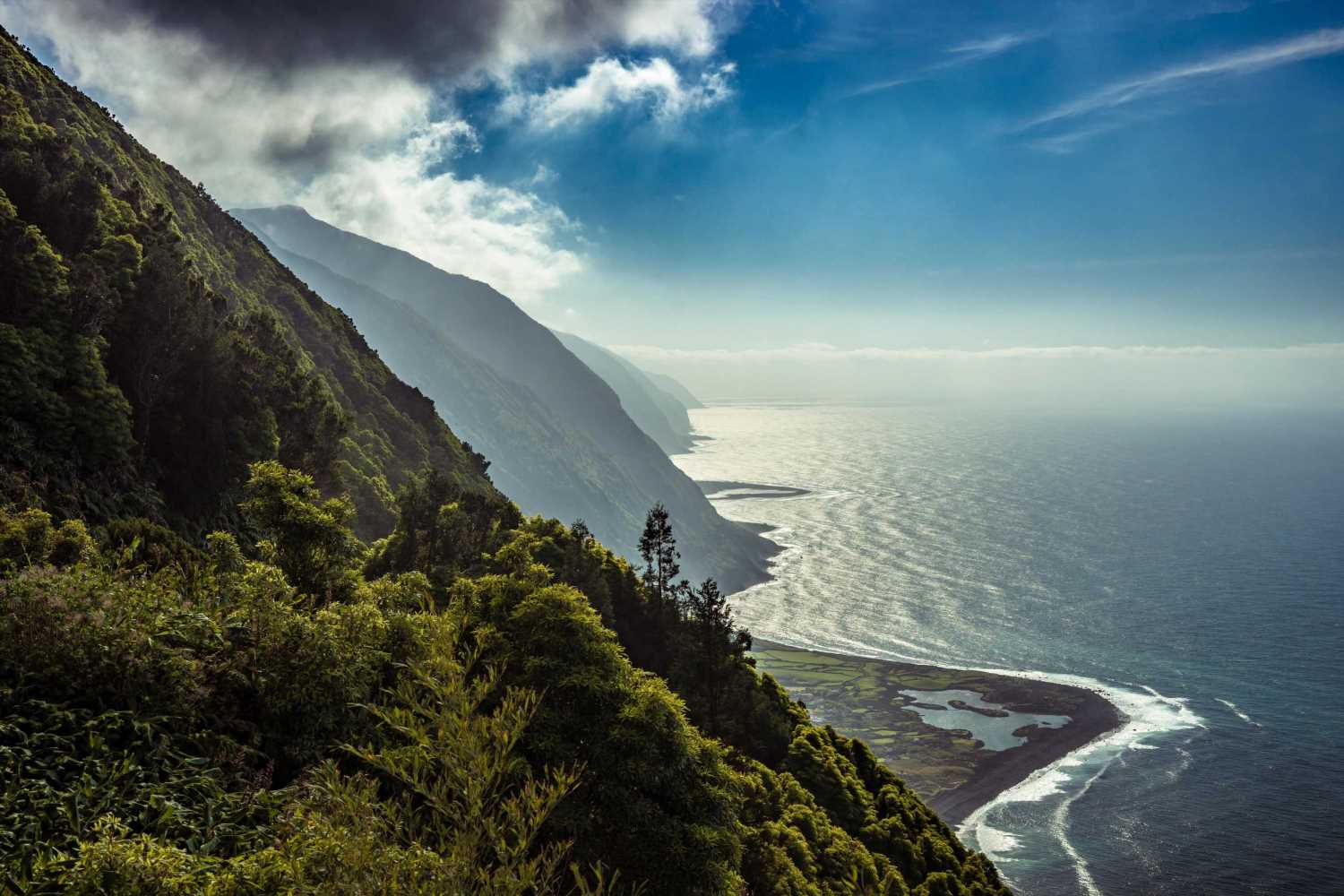It’s been exactly one month since Vladimir Putin’s forces crossed the Ukrainian border, and the world as we know it has already been changed.
Many expected Russia to secure a swift victory over its neighbour, but its efforts to conquer Kyiv have faltered far more than anticipated.
Troops sent by Moscow have encountered shortages in fuel and food, while facing heavy losses, damaged morale, and fierce resistance from the Ukrainian people.
That said, Putin’s forces have been relentlessly shelling cities, resulting in the deaths of thousands of civilians while Europe faces its biggest exodus from one of its countries since World War II.
Rather than calling it an invasion, Moscow continues to describe its attack on Ukraine as a ‘special military operation’.
It built up as many as 190,000 troops on the border and staged joint military exercises with its ally Belarus in the weeks building up to the assault.
Putin made demands that Ukraine would never be allowed to join NATO – fearing the military pact had expanded too far eastwards and posed an existential threat to Russia.
To view this video please enable JavaScript, and consider upgrading to a webbrowser thatsupports HTML5video
But the West said Ukraine – which wasn’t immediately close to joining anyway – was a sovereign nation which had every right to form its own military alliances.
As Russian troops crossed the border, Putin said their mission concerned the ‘demilitarisation and denazification of Ukraine’.
Ukraine is home to violent far-right groups, including the Azov Battalion which was absorbed into its national guard in late 2014.
But the idea that soldiers were there to ‘fight Nazis’ was dismissed by many as propaganda and a fig leaf to justify an illegal invasion – playing on the collective consciousness of many older Russians with memories of the country’s struggle in World War II.
Putin’s 2021 essay on the ‘historical unity of Russian Ukrainians’ and a televised address days before the invasion reviewing the two countries’ linked history may also give an indication of why Ukraine is so important to him.
Hours after his speech on February 24, missiles started raining down on Kyiv, Kharkiv and many other Ukrainian cities.
To view this video please enable JavaScript, and consider upgrading to a webbrowser thatsupports HTML5video
Refugees – mainly women and children – began flooding out of the country, while men aged 18-60 were banned from leaving in case they were needed to stay and fight.
Countless volunteers signed up to territorial defence units, and people started setting up tank traps, sabotaging road signs and making molotov cocktails in a bid to resist Putin’s forces.
Perhaps one thing the Russian president didn’t count on, was the level of unity that would be displayed by NATO and the wider Western world.
An unprecedented majority of 141 out of 193 members of the United Nations General Assembly voted to condemn Moscow, leaving it with few remaining friends.
Even China – a longstanding ally of the Kremlin – expressed concern and took a cautious approach, although it stopped short of pressuring Putin to end the war.
Keen not to start World War III, Western allies opted not to join the conflict directly, but instead have been flooding Ukraine with weapons while imposing harsh economic sanctions on Russia.
To view this video please enable JavaScript, and consider upgrading to a webbrowser thatsupports HTML5video
Many countries have been forced to address their dependence on Russian oil and gas, as the conflict throws up questions on what the world order will look like once this is all over.
The invasion is likely to lead to long-lasting changes to the security architecture of Europe and elsewhere in the world.
Thousands of ordinary Russians have taken to the streets to protest their leader’s actions, and thousands have been arrested as Moscow launches a terrifying crackdown on free speech and independent media.
People who spread ‘false information’ about the war could now face 15 years in prison as the country slides further and further towards totalitarianism.
As Russia’s invasion drags on longer than anyone expected, Putin’s forces have been accused of deliberately attacking civilians in a bid to get them to submit.
Moscow says it has done no such thing, but reports of families being wiped out and residential blocks being decimated keep on coming in.
Meanwhile the international community has shown a great deal of concern over the seizing of nuclear facilities.
To view this video please enable JavaScript, and consider upgrading to a webbrowser thatsupports HTML5video
This included one in Chernobyl – set up to contain the damage of the 1986 nuclear disaster – where staff were being forced to work at gunpoint with not enough food and hardly any sleep.
One of the hardest hit cities in Ukraine has been Mariupol, which is the subject of a medieval style siege with some 100,000 people still trapped inside. People are without food, medicine, power or running water, all while rockets rain down on the city.
Some have managed to escape by the way of humanitarian corridors, but Russia has continued its shelling just hours into a series of ceasefires.
Ukrainian officials have said they cannot accept Moscow’s ceasefire terms as many of the proposed ‘safe passages’ would lead people directly into Russia, raising concerns over their safety.
Russia has been accused of committing war crimes by the US, by Ukrainian President Volodymyr Zelensky and many others – with the International Criminal Court investigating such claims.
To view this video please enable JavaScript, and consider upgrading to a webbrowser thatsupports HTML5video
Peace talks have been held between both sides, but efforts so far have kept on collapsing, with little hope of an immediate end to fighting.
Russia could opt for a dignified retreat while claiming it has achieved some of its core objectives, or it could step up its attacks in an attempt to bombard Ukraine into submission.
Where Putin’s leadership will stand after all of this also remains in question, with some analysts claiming his increasing paranoia and isolation in the Kremlin could signal he is ‘reaching his expiry date’.
The former KGB spy built his leadership on restoring Russia to its former glories of the Soviet Union. So to launch an invasion that he might not necessarily win which through sanctions has reduced the economy to 1990s levels could leave him in a weak position politically.
The Kremlin may have got away with its 2014 annexation of Crimea, but its brutality in Ukraine this time round has left it with far fewer defenders, and the international community is far more unlikely to let it slide with Putin still at the helm.
Get in touch with our news team by emailing us at [email protected].
For more stories like this, check our news page.
Source: Read Full Article




